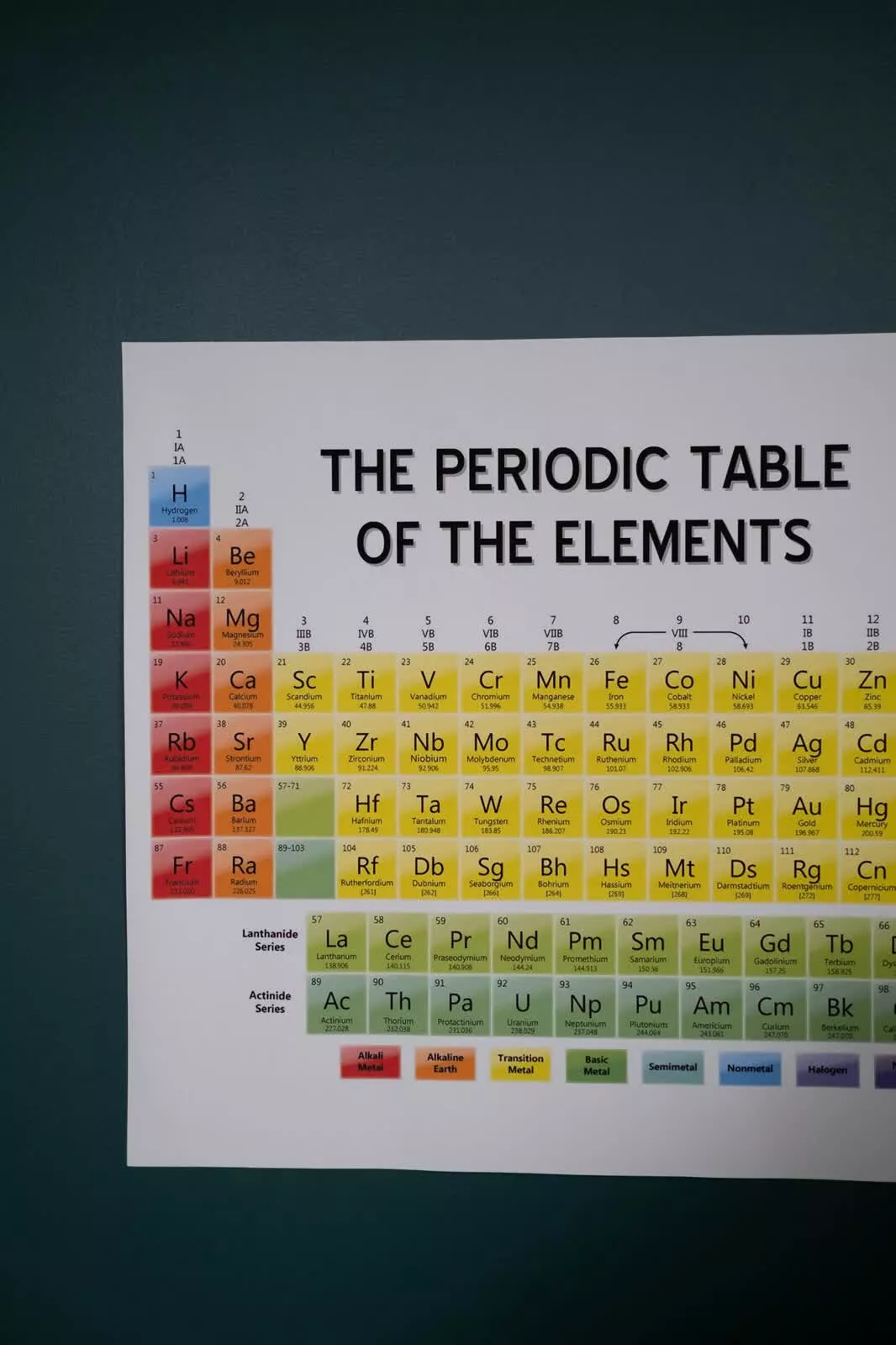- cross-posted to:
- [email protected]
- cross-posted to:
- [email protected]
You can always attach a sterling engine to the waste heat of a system, its just diminishing returns.
Thats a very good point and makes me think about how funny it is that we are collecting energy through various forms of convoluted systems…I wonder if we can find some way to harness energy more directly. Thats probably more like renewable energy and nuclear though if I had to guess, which is also sorta convoluted because you putting effort into storage instead of ways of converting the energy into something useful.
The efficiency of converting random energy into useful energy (either mechanical or electrical) has always plagued engineering.
For computer systems your usually so concerned with getting the heat away, that your not even worried about energy capture. But if you had a large enough system you could make something, but probably not worth the effort for the complexity introduced.
Yeah Linus tech tios has made numerous videos about heating rooms or pools with stuff in his server racks. I think with a lot of heat produced like that the added compelxity is worthwhile especially if the person is somewhat knowledgeable, heck, I see more people going the server rack way more now that self hosting and other open source things are becoming a little more common, at least as far as online people goes.
Everything loops back to steam in the end. Solid state thermoelectric devices have been around forever, and before that we had the idea of using thermal energy to augment magnetic fields and jump to kinetic energy without any intermediary conversion. All very low yield results, but we’ve tried it anyway.
Keep thinking about it, we need all the brains we can get, but don’t write it off as a novel idea that the other egg heads just haven’t gotten around to solving yet.
I would do this if I could order it and have it arrive in a reasonable time.
Not really motivated to build it myself.
I suppose it’s a better idea than I initially gave it credit for. It’s a new type of thermocouple, and processors do run at a fairly high heat gradient compared to ambient temperatures.
Good luck with the actual implementation though!
And no word on efficiency in the article. I guess it won’t be better than other thermo-electric devices they are 5-8% efficient.
The way I see it, every little bit helps. If even a little of the waste heat can be recaptured as electricity for operation, it’s a good thing unless the conversion itself has a higher energy cost, and from what I can tell, that’s not the case with this technique.
It might be interesting to use waste heat to power fans. That’s right in that range for power needs, and it could be largely self-contained.
For something like a data center, that could add up.
Data centers will probably be the only practical application. Consumer electronics will probably barely produce enough energy to power the regulator and tie-in circuit just to feed back into the pwm driver for fans nowadays.
How about chips harvest all that air in the bag? Oh wait, not those kinda chips …







